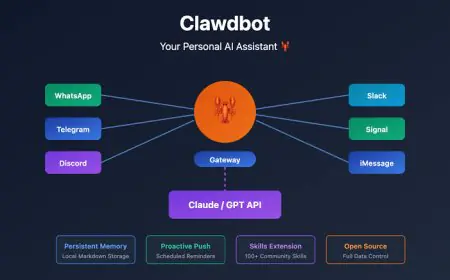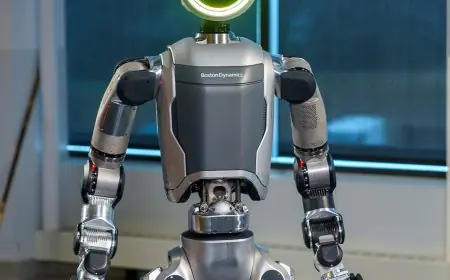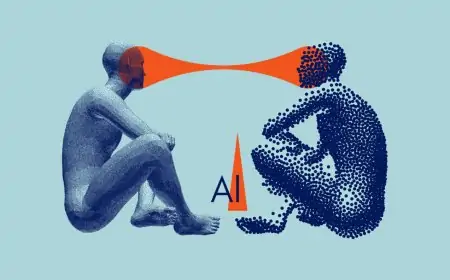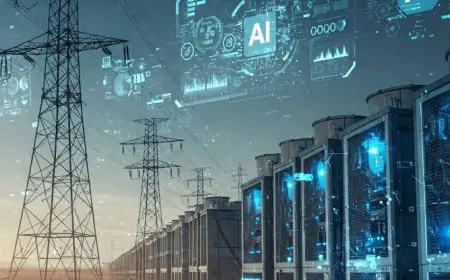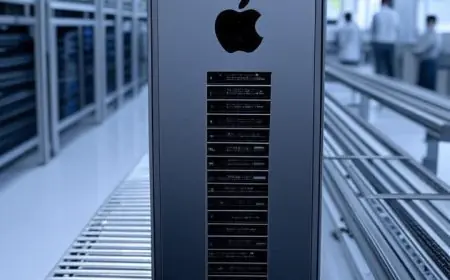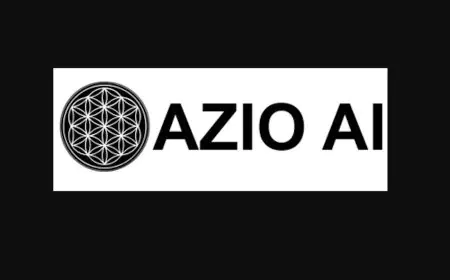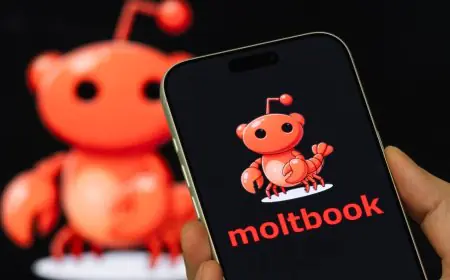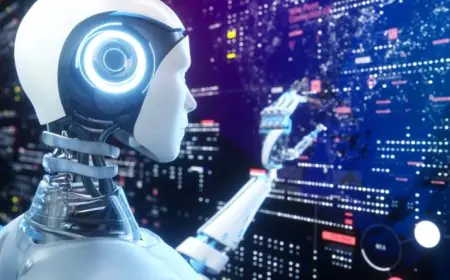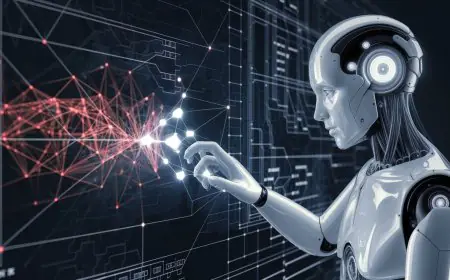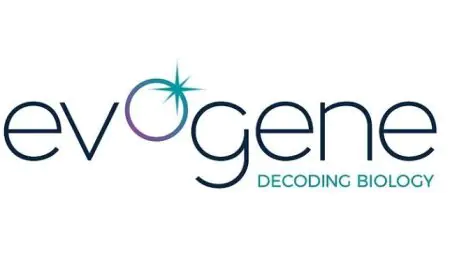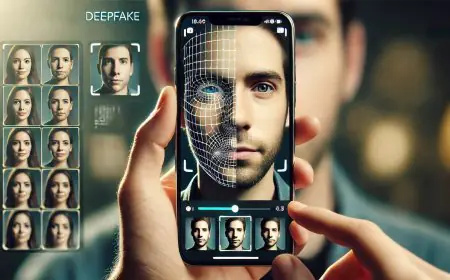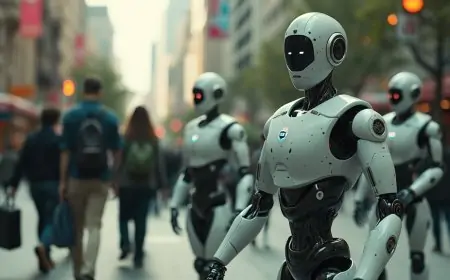People Are Turning to AI Jesus for Comfort and Salvation
A chapel in Switzerland experiment draws both praise and controversy as visitors seek digital divine guidance in a traditional confessional setting from AI Jesus.

A Switzerland chapel has introduced the artificial intelligence version of Jesus dubbed "AI Jesus" – proving that even divine intervention can go the digital way. The experimental project at St. Peter's Chapel in Lucerne, Switzerland, features a virtual savior ready to tackle everything from existential crises to lonely souls looking for their better half.
Housed in a traditional confessional booth, this high-tech holy helper has been dispensing wisdom to curious visitors since August 2024. Instead of the familiar sight of a priest behind the lattice screen, visitors are greeted by a computer-generated Jesus powered by OpenAI's GPT-4o – making this perhaps the first time in history that "divine computation" has taken on a whole new meaning.
Around 900 conversations were logged during the two-month experiment. Visitors ranging from devout Christians to curious atheists stepped into the booth to chat with the digital messiah, tackling topics from profound questions about the meaning of life to more contemporary concerns like whether binge-watching an entire Netflix series counts as a modern form of meditation.
The AI Jesus, fluent in over 100 languages (beating the original Pentecost by quite a margin), was developed by IT specialist Philipp Haslbauer. When asked about potential technical glitches, Haslbauer assured that the system was more stable than most human relationships – though he couldn't guarantee it wouldn't occasionally turn water into binary code.
Not everyone is singing hymns of praise for this technological testament. Some critics have labeled the project "blasphemous," while others worry this might lead to a future where confession involves troubleshooting and the occasional system restart. Social media comments have ranged from "the work of the devil" to "Does it accept Apple Pay for indulgences?"
However, the project's leaders emphasize that AI Jesus isn't meant to replace traditional religious practices or human clergy. Rather, it's an exploration of how technology and spirituality might intersect in our increasingly digital world. As one visitor reportedly quipped, "At least this Jesus always answers my prayers—even if it's with a 404 error sometimes."
The experiment has sparked serious discussions about the role of artificial intelligence in religious practice. While some see it as an innovative way to engage with faith in the modern era, others worry about the implications of outsourcing spiritual guidance to algorithms.
Despite the controversy, the project has yielded some fascinating results. Nearly 300 visitors completed post-conversation surveys, with many reporting meaningful experiences – though it's unclear whether any of them tried to test the system by asking it to multiply loaves of bread or turn water to red wine.
As for the future of AI Jesus, chapel officials are contemplating their next moves. While there's no immediate plan for a second coming of the digital divine, the experiment has certainly given new meaning to the phrase "Jesus saves" – though in this case, it's probably in the cloud.





